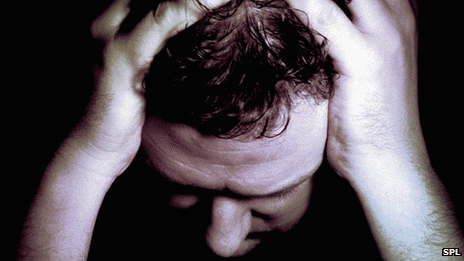Mebbe she'll do public service announcements for bipolar disorder...

Catherine Zeta Jones treated for bipolar disorder
13 April 2011 - Michael Douglas and Catherine Zeta Jones have two young children
Catherine Zeta Jones treated for bipolar disorder
13 April 2011 - Michael Douglas and Catherine Zeta Jones have two young children
Catherine Zeta Jones has received treatment for bipolar disorder after dealing with the stress of her husband's battle with throat cancer. Zeta Jones, 41, made a decision to check into a "mental health facility" for a brief stay, said her publicist.
Michael Douglas, who was diagnosed last year, said in January his tumour had gone and he was beating the disease. Last September, Zeta Jones said she was "furious" that doctors failed to detect the cancer earlier.
Bipolar, also known as manic depression, causes severe mood swings, that usually last several weeks or months. Zeta Jones's publicist Cece Yorke said the actress sought treatment for the condition following the stress of her husband's cancer fight.
"After dealing with the stress of the past year, Catherine made the decision to check in to a mental health facility for a brief stay to treat her bipolar II disorder," said Yorke.
More BBC News - Catherine Zeta Jones treated for bipolar disorder



